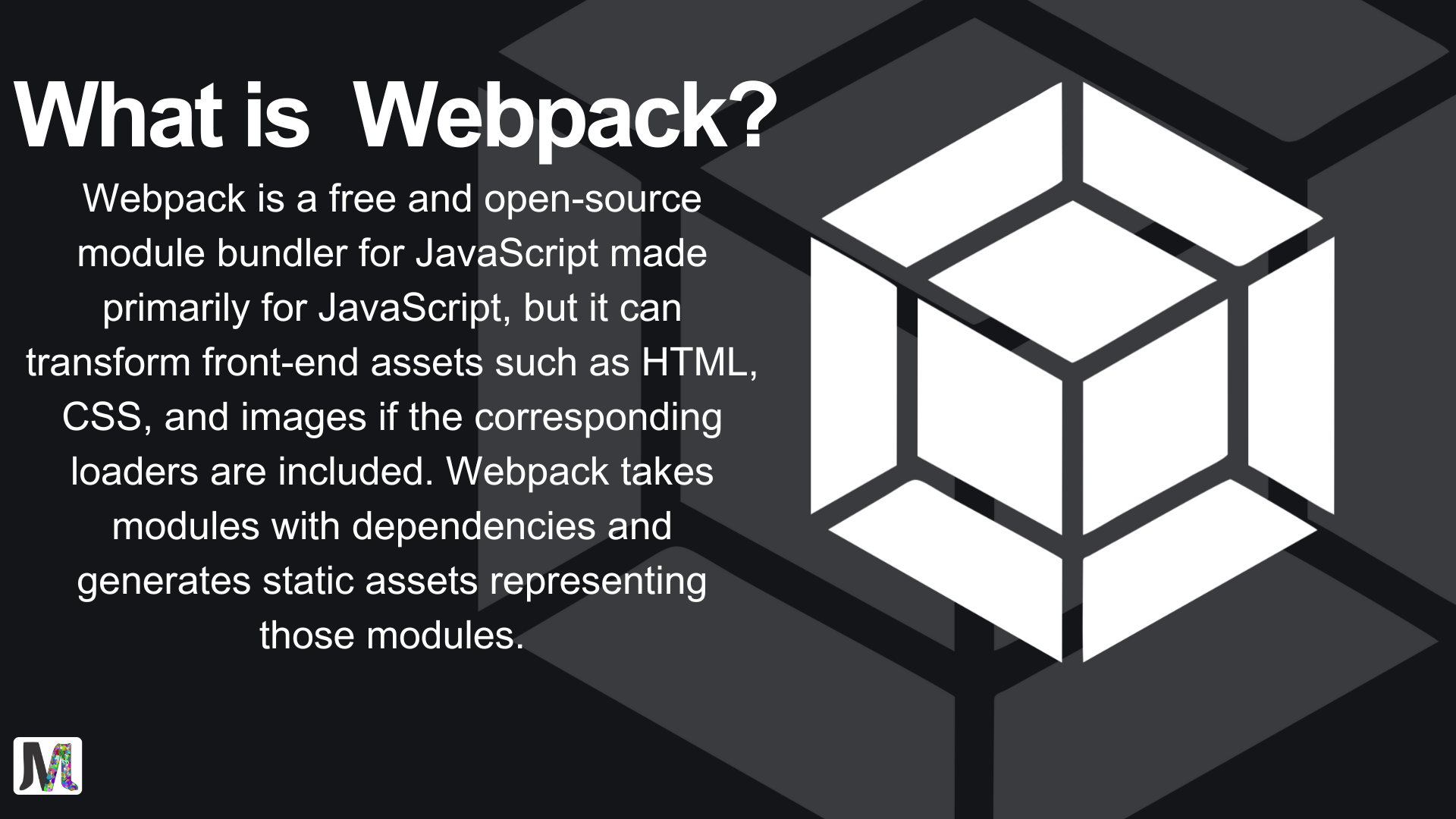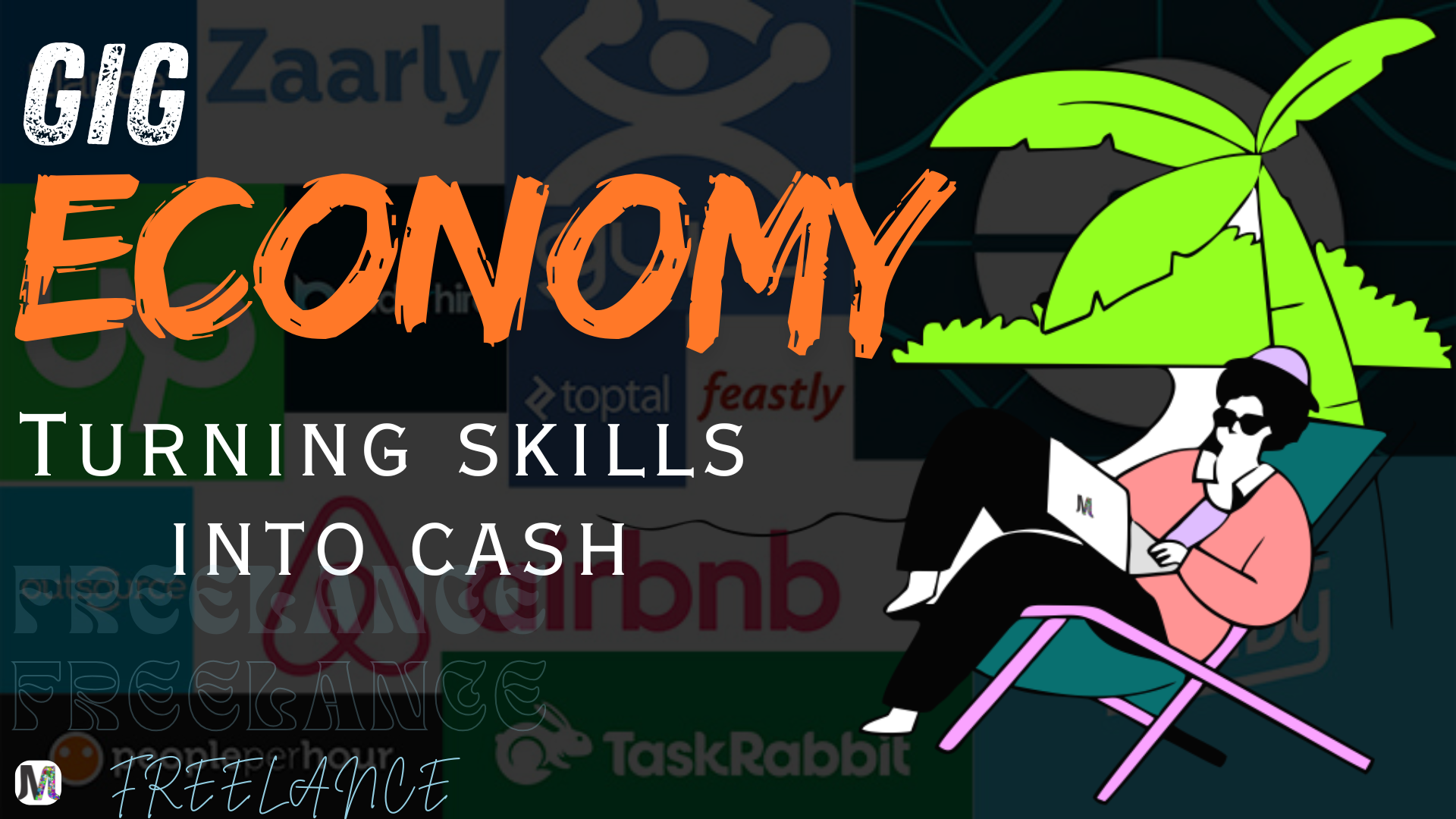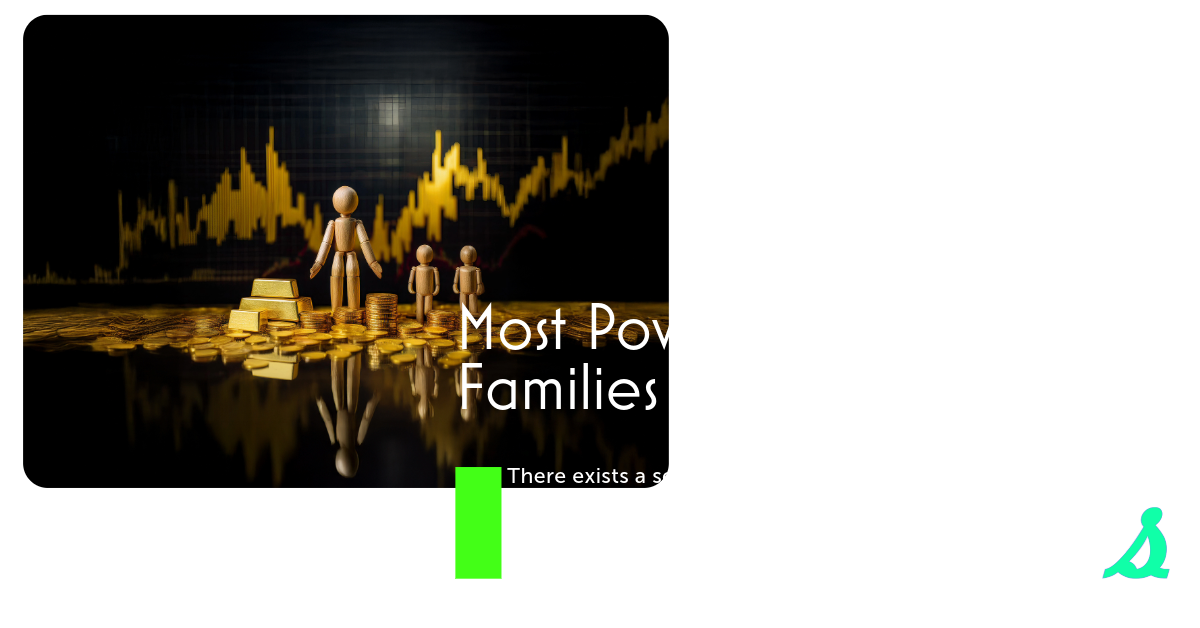The New American Dream: Redefining Success in the 21st Century
The concept of the “American Dream” has long been an integral part of the nation’s ethos, representing the idea that anyone, regardless of background, can achieve prosperity and success through hard work and determination. This dream, however, has evolved over time, shaped by cultural shifts, economic changes, and technological advancements. Today, the New American Dream is not about owning a house with a white picket fence or climbing the corporate ladder in a steady job. Instead, it emphasizes personal fulfillment, financial independence, flexibility, and community involvement. In this article, we explore how the American Dream is changing and what it means to pursue success in the modern world.
The Traditional American Dream vs. The New American Dream
Historically, the traditional American Dream was centered around material success, often measured by homeownership, job security, and a stable family life. For many, it was a straightforward formula: graduate from school, find a job, buy a house, get married, and retire comfortably. This narrative was widely promoted in mid-20th-century America, and it served as a beacon for millions of immigrants seeking a better life.
However, in recent decades, the economic landscape has changed significantly. The steady rise in housing prices, stagnant wages, and the rise of precarious work have made it increasingly difficult for many to follow the traditional path. The dream of homeownership has become elusive for many young people, while job security has been replaced by gig work and freelance opportunities. With these shifts, the American Dream has transformed into something more personal and individualistic, more in tune with the diverse realities of modern life.
Personal Fulfillment Over Material Possessions
One of the defining characteristics of the New American Dream is the shift from an emphasis on material wealth to the pursuit of personal fulfillment and happiness. In the past, success was often equated with owning a home, a car, and other tangible assets. Today, many people are prioritizing experiences over possessions, focusing on traveling, pursuing hobbies, and spending time with loved ones.
This shift is partly due to changing cultural attitudes. Millennials, for example, have been vocal in their rejection of consumerism and the materialistic values that were once central to the American Dream. Instead of acquiring things, they value experiences that enrich their lives, whether through travel, personal development, or building meaningful relationships.
Moreover, as the world becomes more interconnected, the idea of success is no longer confined to a specific set of achievements tied to one’s home country. Many people today see the opportunity to work from anywhere in the world as part of their version of the American Dream. The rise of remote work and digital nomadism has opened up new possibilities, allowing people to live on their own terms without being tied to a specific geographic location or job title.
Financial Independence and Entrepreneurship
The New American Dream also places a significant emphasis on financial independence, which is seen as a crucial step toward achieving freedom and autonomy. Rather than relying on traditional employment, many people are exploring entrepreneurial avenues and alternative ways of earning money. The rise of the gig economy, online businesses, and side hustles has made it possible for individuals to earn a living without being dependent on a single employer.
One notable shift is the growing interest in personal finance and wealth-building strategies, with many Americans striving to achieve financial independence (often referred to as FI) and retire early (RE). This movement, often encapsulated by the FIRE (Financial Independence, Retire Early) movement, encourages people to save aggressively, invest wisely, and create multiple streams of income to achieve financial freedom.
Entrepreneurship has become a core component of the New American Dream, with many individuals seeking to build their own businesses and create value on their own terms. The digital age has democratized entrepreneurship, making it easier than ever to start a business online with minimal upfront costs. From e-commerce stores to freelance services and content creation, the opportunities for entrepreneurial success are abundant.
Flexibility, Autonomy, and Work-Life Balance
Another defining feature of the New American Dream is the desire for flexibility and autonomy in work. Traditional nine-to-five jobs with fixed hours and commutes are no longer the only route to success. The rise of remote work, flexible schedules, and freelance opportunities has given individuals greater control over how they spend their time.
This shift is particularly important for younger generations, who prioritize work-life balance and personal freedom. For many, the traditional workweek feels restrictive, and they seek careers that allow them to balance professional commitments with personal passions and family life. The gig economy, which allows individuals to take on projects and clients on their own terms, has opened up a world of possibilities for those seeking more control over their careers.
Moreover, the emphasis on work-life balance has led to a reevaluation of what constitutes a fulfilling career. People are increasingly seeking work that aligns with their values, passions, and skills, rather than simply pursuing jobs for the sake of a paycheck. Many are turning to careers in creative fields, social enterprises, and jobs that have a positive impact on society and the environment.
Social Responsibility and Community Involvement
In the New American Dream, success is not just about personal gain; it also involves contributing to the well-being of others and making a positive impact on the community and the world. As global challenges such as climate change, inequality, and social justice issues take center stage, more individuals are seeking ways to align their careers and lifestyles with their values.
This sense of social responsibility is evident in the rise of ethical businesses, social enterprises, and nonprofit organizations that prioritize the greater good over profits. Many entrepreneurs and professionals today are focused on building companies that promote sustainability, diversity, and equity. Social media and online platforms have also made it easier for individuals to connect with causes and engage in activism, fostering a sense of collective responsibility.
Moreover, the New American Dream emphasizes the importance of community involvement and collaboration. Many people today value relationships and networks that offer mutual support and collaboration over individual success. Whether it’s through local volunteer work, online communities, or professional networks, the idea of success has expanded to include contributing to the collective good.
Conclusion: A More Inclusive Dream
The New American Dream represents a broader, more inclusive vision of success that reflects the diversity and complexity of modern life. It is no longer solely defined by material wealth or traditional career paths but by personal fulfillment, financial independence, flexibility, and community involvement. While the path to success may look different for each individual, the essence of the New American Dream is the pursuit of a life that aligns with one’s values, passions, and goals.
As society continues to evolve, the American Dream will undoubtedly continue to shift, adapting to the changing realities of the world. However, one thing remains clear: the dream is not just about achieving personal success, but about creating a world where everyone has the opportunity to live life on their own terms and contribute to the well-being of others.














